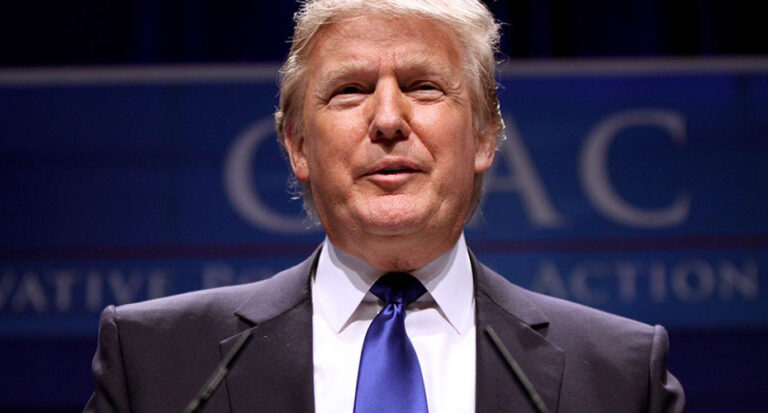The African Union Commission (AUC) has reaffirmed its commitment to the principles of sovereignty, non-interference, religious freedom, and the rule of law, as enshrined in the African Union Constitutive Act and related instruments.
The commission said this in a statement on its official social media handles on Friday, expressing concern over recent statements by the United States President Donald Trump, alleging that Nigeria’s government is complicit in the targeted killing of Christians and threatening military action.
The AUC named Nigeria as its longstanding and valued member state, playing a key role in regional stability, counter-terrorism, peacekeeping initiatives, and continental integration.
READ ALSO: Trump’s threat of military action in Nigeria: Why the U.S. must choose prudence over impulse
“The AUC fully respects Nigeria’s sovereign right to manage its internal affairs, including security, religious freedom, and human rights, in line with its Constitution and international obligations. Any external engagement must respect Nigeria’s sovereignty, territorial integrity, and unity. The Commission supports Nigeria’s repeated affirmation that its Constitution guarantees freedom of religion and belief and that the Government rejects all forms of religious persecution.
“Nigeria faces complex security challenges affecting citizens of all faiths, including violent extremist groups, banditry, communal violence, and resource-based conflicts. The AUC calls for regional, and international cooperation to support Nigeria and other African countries, in strengthening capacity to respond to insecurity, protect all citizens, uphold human rights, and bring perpetrators of violence to justice. The AUC remains ready to provide support through its peace and security architecture, capacity-building programs, and strategic partnerships,” part of the statement read.
READ ALSO: Trump Suspends HIV Funding for Nigeria, other Countries
The AUC, however, rejects any narrative that weaponizes religion or oversimplifies security challenges, urging external partners, including the United States, to engage Nigeria through diplomatic dialogue, intelligence-sharing, and capacity-building partnerships, while respecting Nigerian sovereignty rather than resorting to unilateral threats of military intervention, which could undermine continental peace, regional stability, and AU norms for peaceful conflict management.

